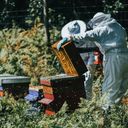
Get involved in conserving biodiversity
By conserving biodiversity, your company takes important action for the planet while achieving its sustainable development goals.




Act globally, across all of France
Ensuring ecological continuity
Maintaining ecosystem services
A global and social impact

Planting in degraded forests
Reducing natural risks
Carbon capture
Restoring biodiversity and natural habitats
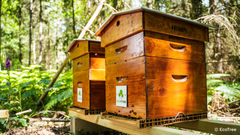
Installation of beehives and planting of hedges
Improving agricultural productivity
Maintaining of diverse ecosystems
Ensuring the health of pollinators

Restoration and creation of ponds
Water purification
Erosion and flood prevention
Conserving biodiversity
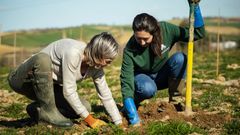
Planting trees, hedges and orchards
Improving soil health and fertility
Carbon capture
Support local communities

Restoration of Posidonia meadows and mangroves
Maintaining carbon sinks
Limiting erosion, preventing flooding
Restoring marine biodiversity
Let's improve biodiversity together
Since September 2020, H&M has donated all its paper bag sales (excluding VAT) to EcoTree, supporting more than 20 biodiversity projects in France. Among these projects, H&M is participating in the restoration of two wetlands of 3,5 ha in Brittany, the installation and management of 247 beehives and 100 nest boxes, the creation of 2 educational trails in the north and center of France, three underwater clean-up operations near Marseille and Saint-Tropez, the restoration of the burnt-down Marzols forest in south France, the planting of a wild orchard in Langonnet forest in Brittany, and the creation of a flower meadow in Préaux forest.
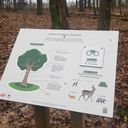
Sponsoring beehives & planting forests
Since 201, XBEE Enzyme Fuel Technology has been an EcoTree-partner, sponsoring four beehives in our Châtelain and Plouray forests. The international company which started in Brittany, France, has planted over 50 trees in its home country.
“We are really happy about this partnership with EcoTree, happy to help bees and trees in this beautiful region, and happy to do more for our environment!" - Ronan Pennec, CEO of XBEE
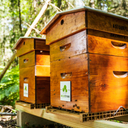
Sowing flower meadows
Rubel & Menasché helped create 500 m2 of flower meadow at Lalacelle, in Normandy, on the banks of a stream. Once a pasture, this meadow is surrounded by farmland, which can only provide wild pollinators with limited food resources. In addition to providing food for pollinators, the flower meadow will provide other benefits to the area: limiting soil erosion, enhancing the landscape, diversifying land use, etc.

Developing agroforestry
For its 30th anniversary, Danival launched the #TousEngagés (which can be translated to #GetInvolved) operation. For every Danival product purchased at the Supermarket chain Naturalia, they donated 50 cents to EcoTree to support the restoration of agricultural ecosystems through agroforestry. This operation enabled an 8-hectare farm specialising in producing organic mushrooms to convert to an agroforestry model.

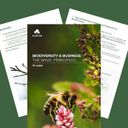
We help you identify the most suitable biodiversity conservation project for your business.
Our experts carry out and monitor your chosen project and how it benefits the forest ecosystem.
You and your team receive a report every year for you to learn more about your project’s progress.
You continue to get updates as your project evolves over time and we’re always here to answer questions.
We are experts in sustainable forest management. The trees you buy in our forests sequester carbon and help slow the erosion of biodiversity. When you buy EcoTree trees, you actively help the planet work towards the UN’s Sustainable Development Goals and contribute to the fight against climate change.
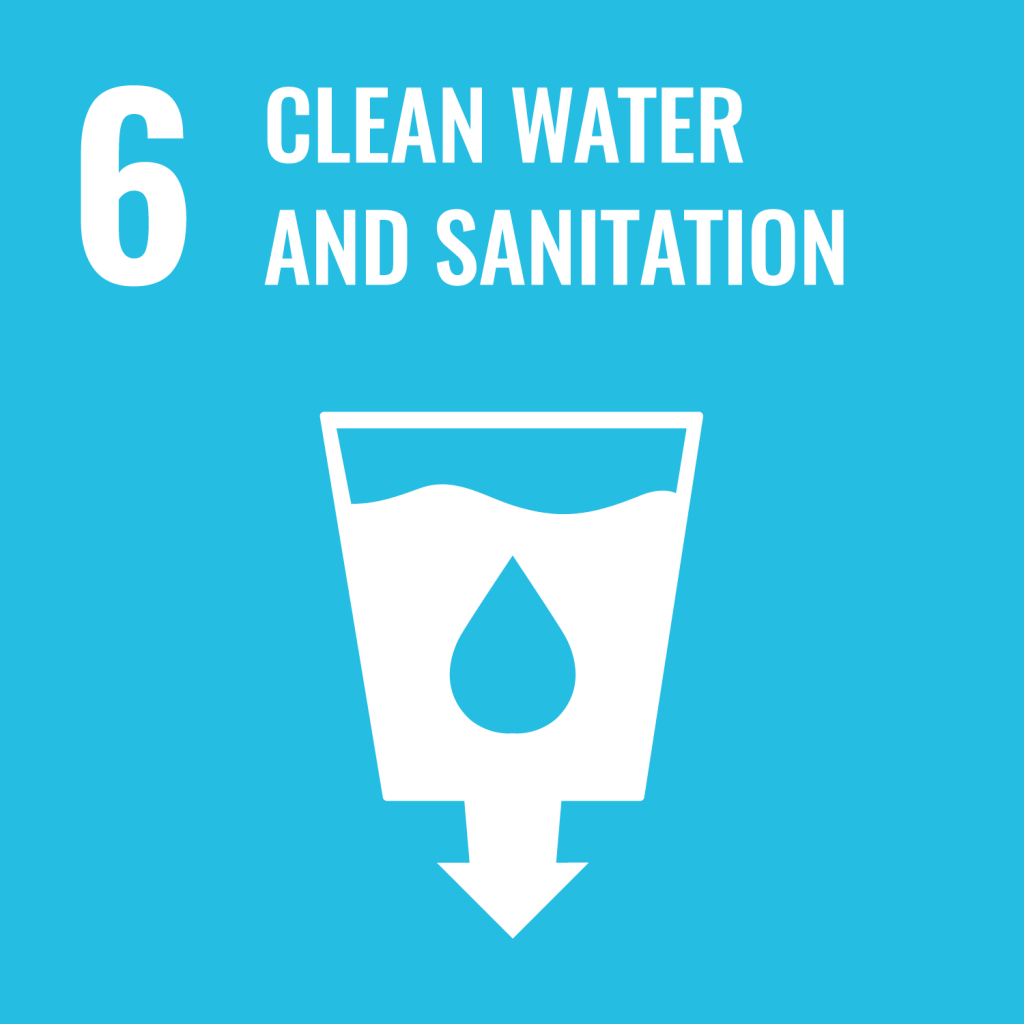
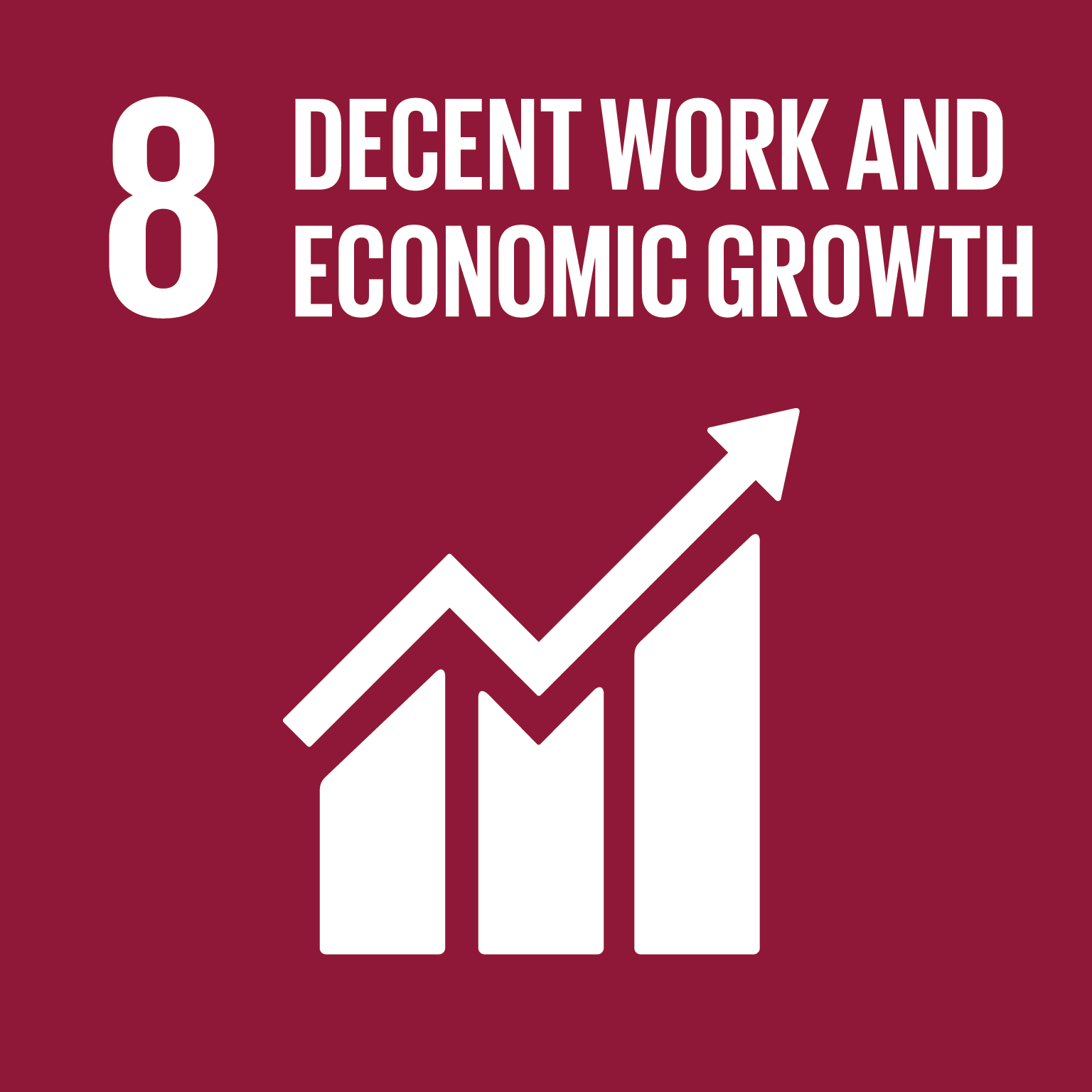
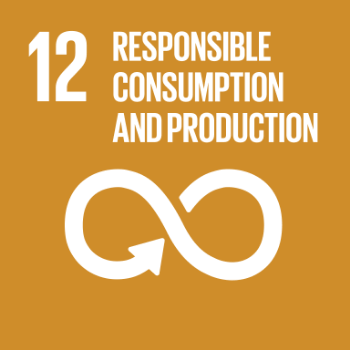

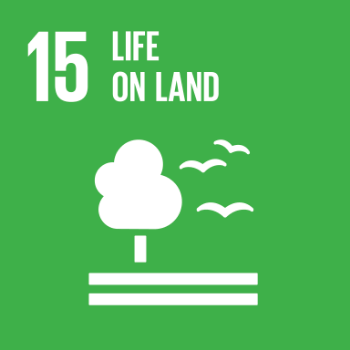
In an era of climate change, committing to preserving and conserving biodiversity, which is under serious threat, is essential. Businesses are on the front line when it comes to protecting the environment because their actions can multiply the impact of human activities on biodiversity. They can do so with either a negative or a positive impact. Declining biodiversity threatens not only our lives but also the activities of businesses. Preserving the environment means maintaining good natural health and economic activities.
Furthermore, the fact that 80% of consumers consider it crucial for companies to have practices that respect biodiversity and 76% of employees take into account a company's commitment to the environment underscores the pivotal role of all stakeholders in the economy in promoting biodiversity and halting the loss of living species.
Although 55% of the world's GDP depends on nature and its services, few companies are committed to supporting nature. That's why we're providing simple, practical solutions to help businesses take action to promote biodiversity. Read our white paper on the correlations between biodiversity and businesses.
Human activities significantly impact biodiversity, much like they influence the climate. Over the past two centuries, industrial activities have negatively affected the environment and biodiversity. It is now crucial to shift our focus towards creating a positive impact.
Companies can play a pivotal role in this transformation by taking concerted action to preserve nature. Although challenging, leveraging human ingenuity to develop innovative solutions that reconcile economic growth with environmental protection is possible.
Businesses should emphasise recycling raw materials to reduce the strain on natural resources. Additionally, adopting practices that promote efficient and mindful use of natural resources and technological tools is essential. Investing in and developing new technologies that minimise environmental impact will further support this goal.
Regulatory frameworks should facilitate the emergence of "clean" technologies without giving undue advantages to established companies. By capitalising on natural assets to stimulate growth, businesses can help reconcile economic progress with the protection of forests and biodiversity. Addressing the loss of biodiversity will positively impact the economy, and by halting this loss, we can enhance economic growth. By integrating these strategies, companies can lead the way in conserving biodiversity, while continuing to grow economically, benefiting both the environment and their long-term sustainability.
The loss of biodiversity has considerable consequences for nature and, therefore, for our health and our economy. According to the IPCC, approximately 30% of animal and plant species are threatened globally. Moreover, since 1970, there has been a 70% increase in invasive alien species in the 21 countries that have studied this issue, according to the IPBES.
It is also worrying that 500,000 out of 5.9 million terrestrial species no longer have a natural habitat that would enable them to survive in the long term unless it is restored. According to the IPBES, some 75% of terrestrial environments and 40% of marine environments are considered to be 'severely altered' by human activities. Under these conditions, the sixth mass extinction currently underway directly threatens our survival.
In 2021, a World Bank report estimated that the collapse of specific ecosystem services provided by nature (pollination by wild species, food from marine fisheries, wood from natural forests, etc.) could reduce global gross domestic product (GDP) by 2,700 billion dollars a year between now and 2030. However, a study published in March 2024 in the journal Science suggests another way of calculating the cost of biodiversity loss and estimates that it could be much more costly. The present value of ecosystem services would be revised upwards from 130% to 180%!
Extra-financial reporting regulations make it compulsory for certain companies to publish their environmental investments and actions. Eventually, all companies will have to demonstrate that they have met their obligations through extra-financial reporting.
Investors are increasingly looking at the impact of the companies in which they invest their funds. In addition, as was the case for carbon emissions, companies that are not yet obliged to provide extra-financial reporting on biodiversity tend to do so voluntarily. This marginalises companies that do not consider this and makes it increasingly difficult for them to borrow or apply for investment. Standards are being established, and the first extra financial reports will cover the 2024 financial year, which aligns with the CSRD's recommendations.
While the ISSB is developing the global reporting baseline, the Task Force for Natural Disclosures (TFND) provides a risk management and disclosure framework that enables organisations to report and act on evolving nature-related risks and opportunities, with the ultimate aim of supporting a shift in global financial flows to produce positive outcomes for nature, rather than negative ones. It is in the very perpetuation of companies to comply with these regulatory obligations.
Forests are crucial in conserving biodiversity, since they are home to 80% of the Earth's terrestrial biodiversity. Forests are complex ecosystems where interactions between insects, fungi, birds and mammals contribute to the Earth's overall health. We are restoring and conserving biodiversity by taking action in our forests through sustainable management. Through the continuous-cover mixed forestry we are developing, we are conserving and supporting biodiversity and the ecosystem services it provides, particularly its ability to capture carbon. By encouraging the growth of healthy trees of varied species, we also promote all aspects of life on Earth.
In forests, there are many different ways to take action to conserve biodiversity. Companies can support our actions to protect wetlands or pollinators. They can also finance the conservation of habitat trees and islands of senescence. Our holistic approach to forestry enables us to preserve nature's diversity and richness. Conserving biodiversity through forests (which capture CO2) is one of the best ways to safeguard biodiversity and combat global warming.
According to the Food and Agricultural Organisation (FAO), the ecosystem services provided by natural environments have an estimated financial value of 125,000 billion dollars. By considering biodiversity and preserving ecosystems, we can increase global GDP by 490 billion dollars each year. Proper biodiversity management also makes it possible to preserve the natural balance, protect species' habitats, and ensure the sustainability of ecosystem services that are essential to our society.
Furthermore, respect for nature's diversity is synonymous with a healthy world. When the balance of ecosystems is disturbed, certain diseases and natural disasters such as storms, floods, droughts, and fires emerge, and human societies are weakened. On the contrary, when civil society (governments, businesses, individuals) takes care of nature and preserves its environment, peace and prosperity become possible.
EcoTree offers various types of action to protect and restore biodiversity. By investing in our continuous cover mixed-species forestry management projects, you are helping to create habitats conducive to developing flora and fauna. We also offer practical measures such as restoring forest ponds, planting melliferous species, planting flower meadows, conserving tree habitats and installing nest boxes.
We invite companies to contribute to these actions, which they can monitor from their customer area on our website. Any company that works with us to conserve biodiversity also receives a detailed account of the actions taken in the annual forestry report we publish every year in June.
To promote biodiversity, we measure the positive impact of our forest actions by systematically carrying out inventories of flora and fauna. We also work with 22 local partners to develop projects to conserve and restore biodiversity.
Before taking any action, we carry out an Index for Biodiversity Potential (IBP), where we commission ecological inventories of the species present and absent and then measure their evolution at the same time in subsequent years. This approach encourages the presence of the flora and fauna that are or should be present in our forests.
All businesses can take action to protect biodiversity. Their action starts by reducing their impact on natural environments. It is important to be aware of the impact of our daily actions on biodiversity. Once these have been reduced, it is possible to take action to restore threatened or fragile ecosystems.
In this way, every company can do its bit for the diversity of living species. With this in mind, we have developed a biodiversity fund that any company can contribute to if it does not have the means to support an entire project. By contributing to this fund, every company receives a certificate of funding and a forecast of what its contribution will amount to, bearing in mind that, under this specific fund, €1,000 contributed will enable around 200 m2 of biodiversity to be restored. When the fund closes, at the end of the year, the company receives an annual biodiversity report detailing its contribution to the fund, as well as the changes observed in the fauna, flora and related ecosystems and the impact indicators linked to its financing, which can be used in the various reporting frameworks.